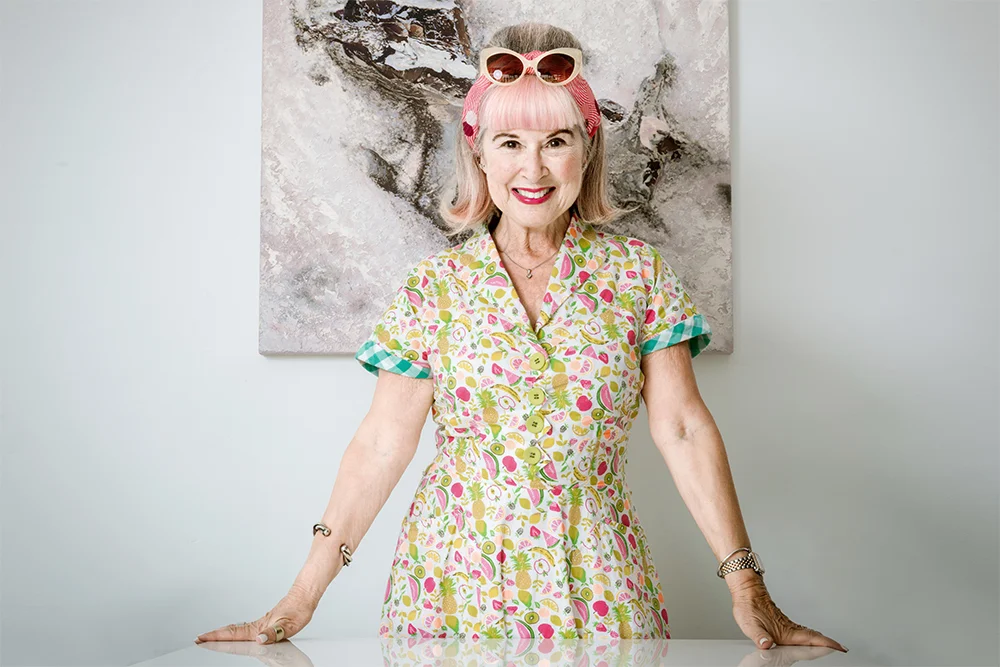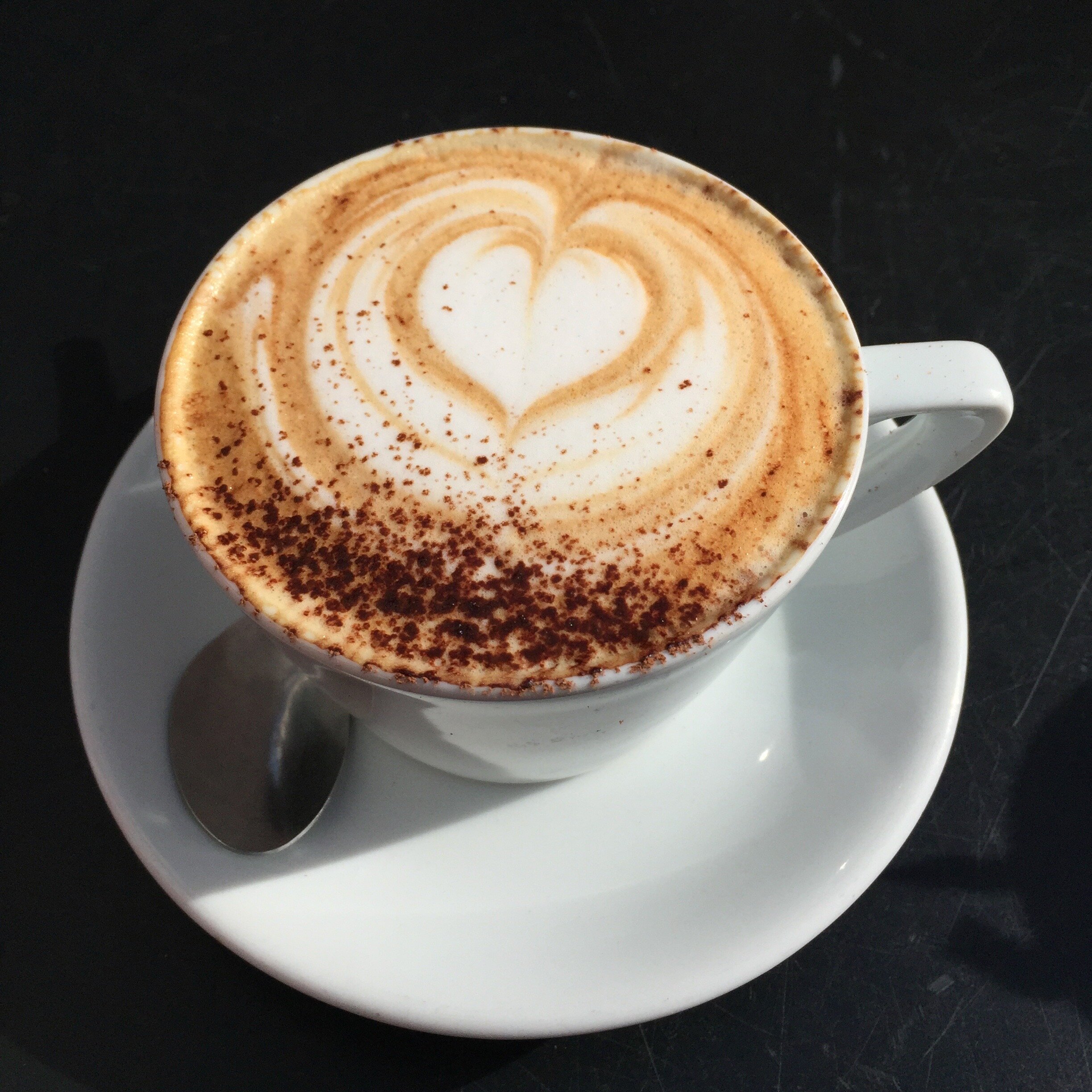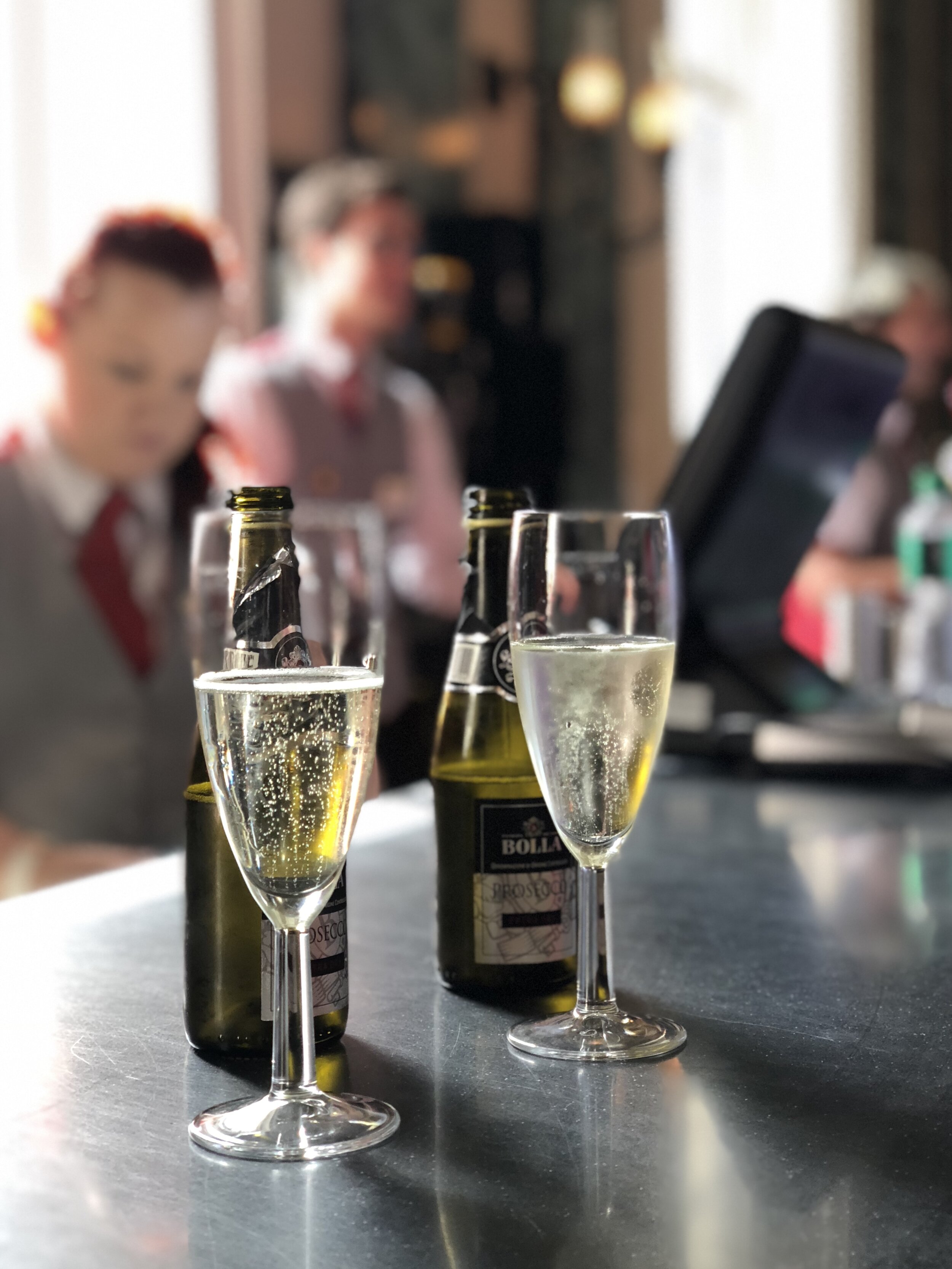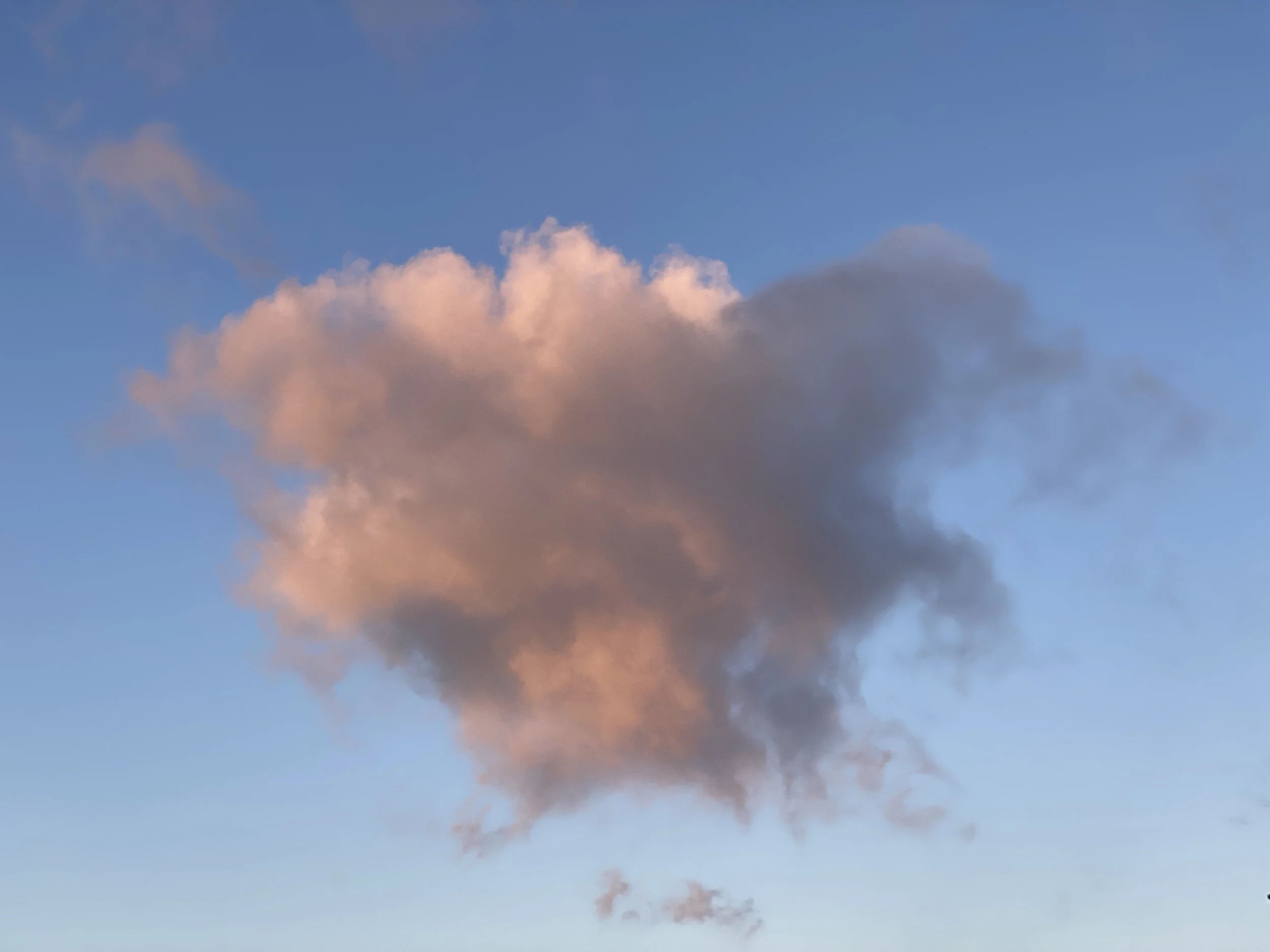Top Tips to improve sleep and combat stress & anxiety.
I don’t know anyone at the moment who is sleeping well. Stupid, stupid Covid has got to us all and even if we manage to get through each day a step at a time, staying in the present as much as possible, our sleep at night just doesn’t seem as good as it once was, does it? Scientific papers have found that we are sleeping more and dreaming more, because of our change in routine, but they have also found that there’s an increase in Covidsomnia. We’re anxious and that’s affecting our REM sleep, the dreaming part which acts like therapy for our poor anxious brains.
So, I’ve done loads of research and have come up with some suggestions that I hope will help us all. Many have worked for me and have certainly helped but sometimes I still, occasionally, wake up at 4.00 a.m. and can’t get back to sleep. I know I’m not alone but I hope these tips from the experts help a little. Do let me know.
Professor Matthew Walker , one of the world’s leading sleep scientists, appeared on Dr. Chattergee’s podcast recently with some excellent top tips as well as some new findings to share. (This so worth a listen when you have the time.)
Sometimes I’m ready for bed at 7.00 pm!
WIND DOWN ROUTINE
According to Professor Walker, we need 7-9 hours a night to maintain health and says that you need to be in bed at least an hour before your sleep time for the very best quality of sleep. He also suggests that you get completely ready for sleep earlier in the evening so all you have to do is get straight into that bed and have a relaxing read or listen to a podcast. So much easier during lockdown! I now do this and it really seems to work for me………
Example: I usually wake up at 7.00 a.m ish so I now try to be in bed by 10.30 latest and asleep by 11 to 11.30. As early as 8.00 pm I take my make-up off, brush my teeth and get into my PJs. And, double whammy, with my teeth brushed I can’t snack anymore!
I’ve also stopped watching the news at night or any really violent dramas. I just can’t cope with them in these times and they stimulate my brain too much. Anyone else? ‘Call my Agent’, on Netflix, was just perfect for me and sent me off to bed with a smile on my face followed by a really good nights’ sleep! I’m only sorry I’ve finished this wonderful series. Any similar suggestions would be gratefully received.
Professor Walker also recommends, of course, that smartphones and tablets, etc. are put away a couple of hours before bedtime, and that you also turn bright lights off in the evening to get your body into sleep mode. I’ve seriously got into candlelight since hearing this!
And if you wake up in the middle of the night and can’t get back to sleep? Professor Walker recommends that if you lie awake for more than 25 minutes, your brain begins to learn that this is normal and so the habit sets in. He suggests that you get up and go to a different room, don’t eat, don’t look at your phone, just read in dim light, or do stretches, yoga, or meditation. And only go back to bed when you’re sleepy. I haven’t tried this yet, but when I do I’ll let you know.
He also says that counting sheep doesn’t work……..
Oh the halcyon days of festivals! These sheep are dyed, safely, every year for the Latitude Festival.
……it’s quite the opposite because it’s waking your brain up. What he does recommend is visualizing your favourite walk and following it with your eyes closed for 5-10 minutes. My thing is to play a soothing, boring podcast on airplane and dark mode and put the 30-minute sleep timer on. That usually works for me.
Now to the usual suspects and the Prof’s thoughts on some of our favourite things…….
Coffee and caffeine (present in so many soft drinks and chocolate snacks!) affects both REM and non-REM sleep so, according to Professor Walker, even if you are one of those lucky folk who can drink an espresso at night he guarantees that you still won’t feel as restored in the morning as you would have felt without it. Even if you drink a mild coffee at noon, a quarter of the caffeine is still in your brain at midnight! He does, however, say coffee is great for the brain and is full of anti-oxidants but, like all sleep experts, reckons it should be enjoyed before 10.00 a.m if you want a good night’s sleep. I stop at midday and that helps for sure. It’s decaf after that and rarely after 2.00 pm. (Swiss water decaffeinated of course!)
And as for alcohol…..I love a drink with my meal when I’m out or in for dinner but, unfortunately, the older I get the more it affects my sleep. The Prof has the answer to that, at any age. He has discovered that alcohol really fragments your sleep and says it is a sedative, not a sleep aid, and that even one drink will disrupt both the non-REM and REM cycles. (I had one cocktail last night, unusually for a weeknight, and I’m falling asleep as I write this! I might have slept for 7 hours but I don’t feel rested.) However, he also says that if you enjoy a tipple (and who doesn’t during lockdown) then go for it and make it lunchtime drinking rather than the evening, if you want a good night’s sleep. In normal times I completely agree. I never have a problem sleeping after a boozy lunch but sometimes a girl just needs a glass of fizz after another frustratingly boring day!
ANXIETY & MENTAL HEALTH
I’ve also been listening to Paul McKenna’s excellent Positivity Podcasts for anxiety and mental health…………..
Exercise and fresh air always helps.
Paul reckons we are all on “high alert” right now because of all the messages we are being bombarded with from the media. Our nervous systems just don’t know the difference between present danger and fearful thoughts, he says. So his suggestion that we stop watching and listening to the news is advice I had already happily taken on board! Once a day is now plenty for me, which is a huge change since the first lockdown when I became a total news junkie! (If you haven’t read how I coped during our first incarceration you might find this blog an interesting read and comparison!)
For both mental health, anxiety, and sound sleep, we obviously need to do exercise out in daylight and the fresh air every day we can: biking, walking, running, etc. as well as indoors doing all those online classes. But Paul has also suggested a minimum 15-minute walk twice a day for our mental health. This has been a complete game-changer for me. I used to do really long walks with Jack during the first lockdown, but now it’s gotten so cold, shorter ones twice a day, as well as my online classes, is really helping my sleep and mental health big time. It just breaks up the day and I always come back in the late afternoon, or at sunset, in such a good mood, especially since he’s got me looking at the sky more………
Love a pretty cloud in the sky.
………..Paul suggests that when you go out walking you look UP and OUT. ( Depressed people tend to look down apparently. ) I so enjoyed looking at this beautiful sky on my second walk yesterday that I went home even happier than normal, despite the cold.
Paul also recommends doing a Gratitude list first thing in the morning, or anytime you like. I tried it for the first time one morning after a good eight hour sleep (no alcohol, no TV, and plenty of exercise that day!) and it really made me smile while I was making my first cup of coffee: I was grateful for: the view out of my kitchen window, my mug of coffee, my dog, my health and my favourite radio station! (It really can be anything.) I had a really good day that day and now do it every morning. And at night when I write my diary. It’s amazing what we can be grateful for even in the midst of a pandemic. Do let me know what you’re grateful for, I’d love to hear.
Finally, Paul quotes Psychiatrist Victor Frankel: “Purpose is the cornerstone of mental health.” He doesn’t mean your job but more what your life is really all about. What gets you out of bed in the morning and gives you joy. Anything, however minor, that gets those creative juices or mental positivity flowing. We need focus and a routine during this spell of our lives. And at this point, I have to say a big thank you to YOU because having a blog to write or an Instagram to photograph and post has given me a real purpose during this lonely lockdown and is keeping my brain alert, busy, and mostly happy!
And one more expert to add is Michael Moseley who recommends that we get out for a walk or gentle jog early in the morning light early morning light as it’s such a good time for resetting your internal clock so you’ll get a better nights’ sleep rather than suffering from what he calls ‘social jet lag.’
Finally, here are a few of my own tried and tested tips for a less stressful time………
How can nearly a year have gone so quickly……time is ticking away.
MY PERSONAL TOP TIPS FOR BETTER SLEEP AND LESS ANXIETY.
I’ve always believed that one hour before midnight is worth two in the bush if you see what I mean! Try and get to sleep at least an hour before midnight so you’re in a deep sleep by 2-3 a.m. when your body gets to repair itself.
Meditate daily. The Calm app does it for me, either first thing in the morning, after lunch, or before I go to bed. And they do bedtime stories to get you off to sleep!
If you’re not tired in the evening, try walking around the block two hours before bedtime, it may well help improve your sleep.
If you need a short siesta, go for it I say! Especially if you’ve had a really bad night of broken sleep. Just make sure not to sleep longer than 10-15 minutes so you don’t have insomnia when you get to bed. Sometimes just having a read or meditating after lunch is enough for me to re-charge my batteries after a rotten night.
Sleep on your side. Apparently, it helps flush toxins out of the brain! And is also much better for your back. And make sure you’re sleeping on a silk pillowcase to help prevent those sleepy lines!
Stop looking at your smartphone or tablet at least an hour before bed, preferably two hours before, and lower all your lights in the house to get your body into sleep mode.
Prepare for sleep 1-2 hours before bed by having a relaxing Epsom Salt Bath, (click here for more info on why these are the best baths in the world), a meditation, yoga, or a quiet read.
I do my To-Do list early in the early evening so I’m not kept awake worrying about all the stuff I have to do the next day. It really helps ground me.
If you have a snoring partner, get all the help you can, such as nasal breathing strips, or move room!
Bedrooms need to be cool at night for optimum deep sleep so try and keep the temperature to around 18/64.
Eat tryptophan-rich foods to help you get to sleep easily, but not close to bedtime: chicken, turkey, cheese, fish, bananas, milk, and nuts can all help. Yes, cheese!
Get into earplugs and eye masks if you have noise and/or light problems. And spray lavender on your pillowcase.
Try herbal teas to help you wind down in the evening and if you have any saffron in your cupboard, this is a really good natural treatment for mild depression. See my blog here to learn more.
Check your mattress and see if this is the time to update it. Depending on the manufacturer, they tend to need changing every eight to fifteen years. I am changing my memory foam mattress after ten years but have been waiting for it to be delivered since September because of stupid Covid!
One of my Subscribers, Jo Begbie, also reminded me of the benefits of essential oils such as lavender, see below in Comments. Brilliant Jo, thank you, especially the bit about putting the oils on the soles of your feet.
I also use Melatonin which I had completely forgotten to mention!
And a final sleep and anxiety aid that I have used on and off for months is CBD oil. There’s a new kid in town which I am really looking forward to trying because it has actually been trialed and shown to help with stress, anxiety, and insomnia. Dr. Tim Bond, from DragonflyCBD oil, says, “anxiety is associated with the suppression of rapid eye movement (REM) sleep and in a laboratory study CBD was shown to efficiently block anxiety-induced REM sleep suppression.” I’ll report back when I have tried it for a couple of weeks and when a really good friend of mine, who suffers from serious insomnia, has also given it a whirl!
Reporting back: the Dragonfly CBD oil above, really worked for me and my friend. I slept like a log and have only had one bout of covidsomnia in 3 weeks. I’ve run out already but it seemed to re-set my sleep patterns and the only thing I have to grumble about now is waking up at 6.30 a.m. ready to face the world!
Of course, I should also mention lavender here, one of the best I’m sure you’ll agree. I spray my pillow every night now and am sure that helps as well. Marks and Spencer have brought out a gorgeous range of lavender, natural sleep aids. Here’s a link.
And finally, finally…..if you do have serious insomnia and/or anxiety please see your Doctor. The NHS actually recommends CBTI, Cognitive Behavioural Therapy, as a better cure for insomnia than medication. Here’s a link to a CBTI app the NHS recommends but it is also certainly worth a phone call to your local practice.
I do hope some of this helps you and, as usual, I would love to hear how you are coping at this very difficult time in the Comments box below. Meanwhile, take care, stay safe and see you soon.
















